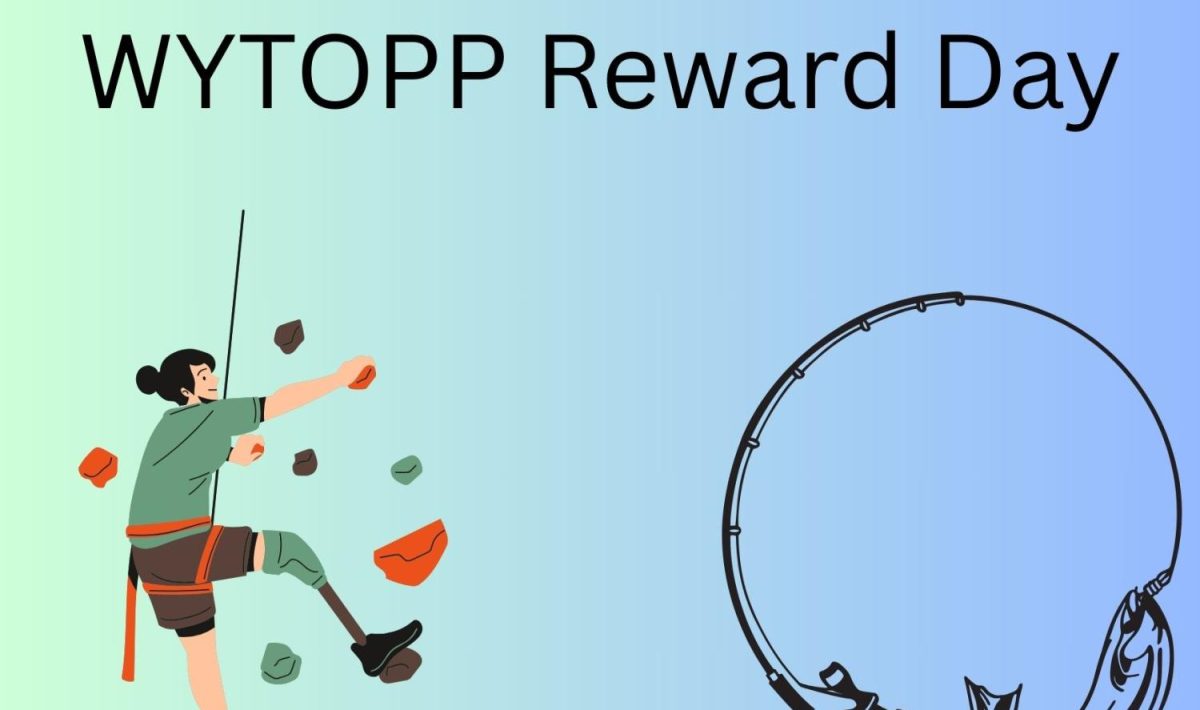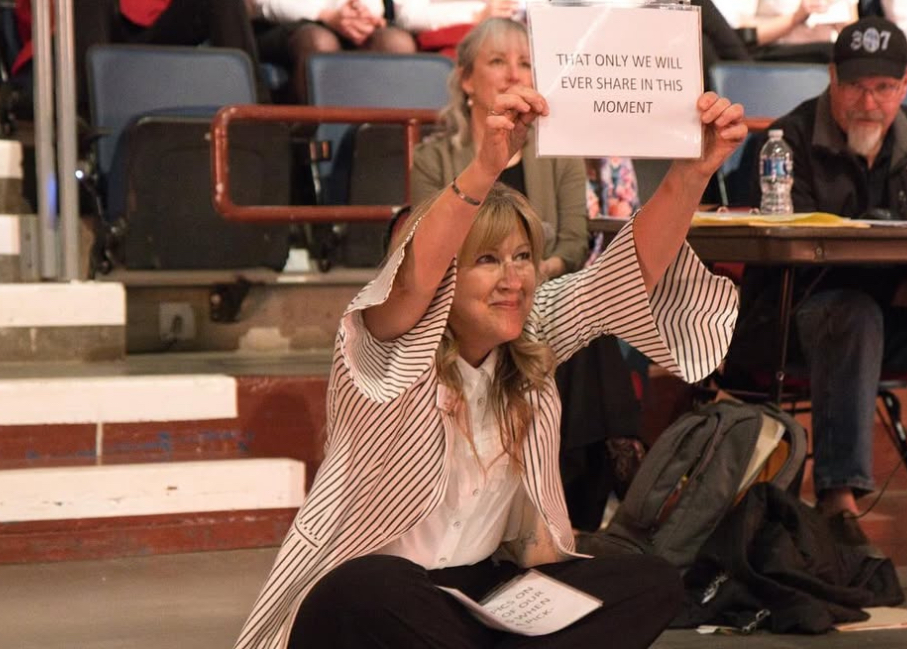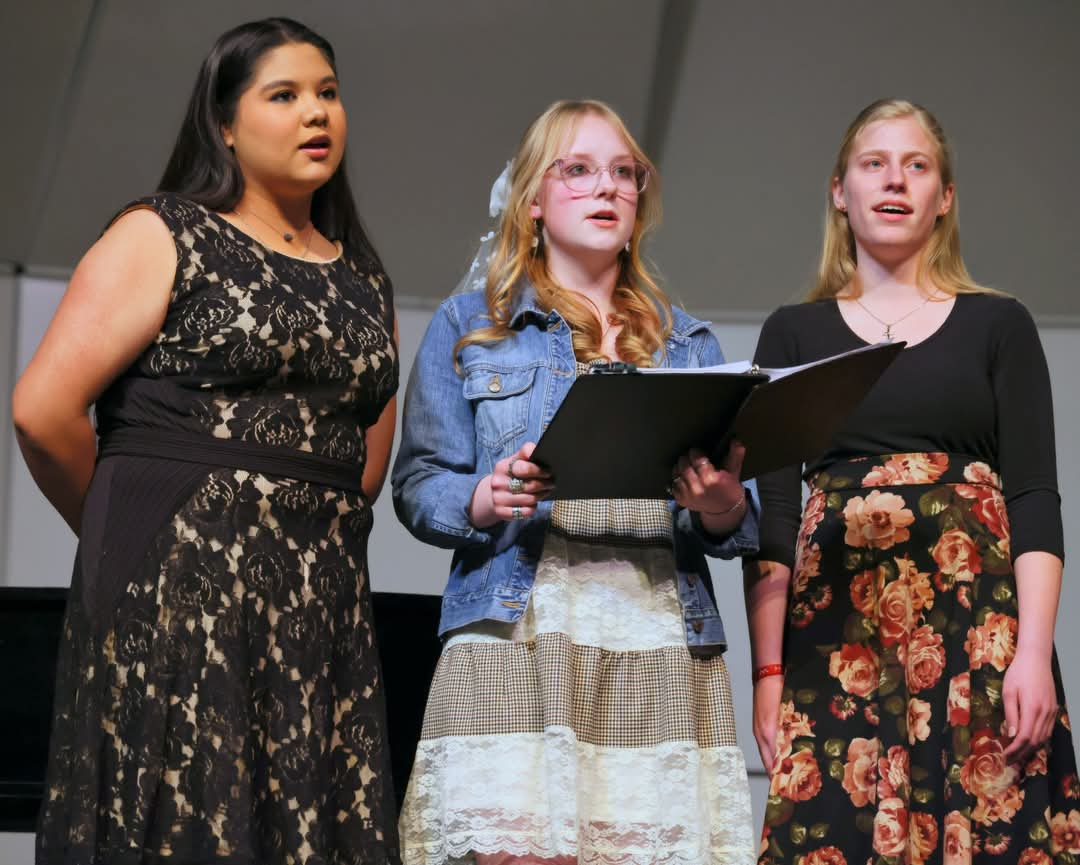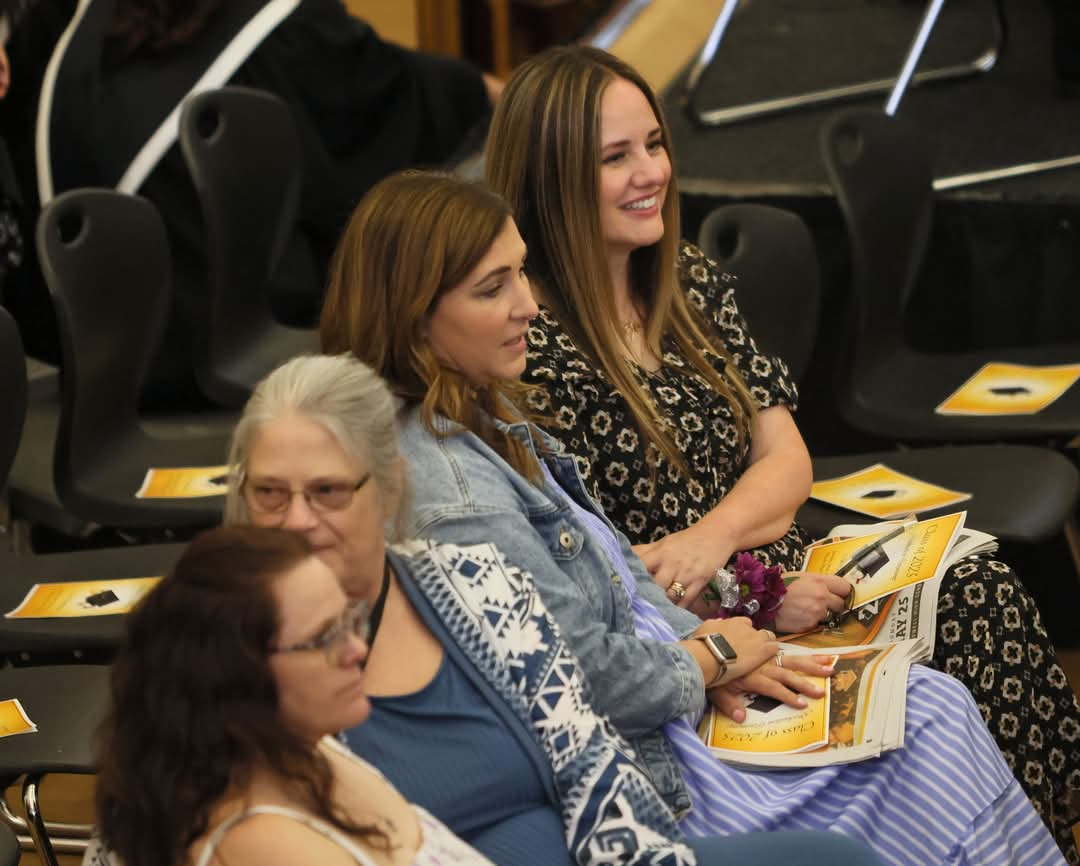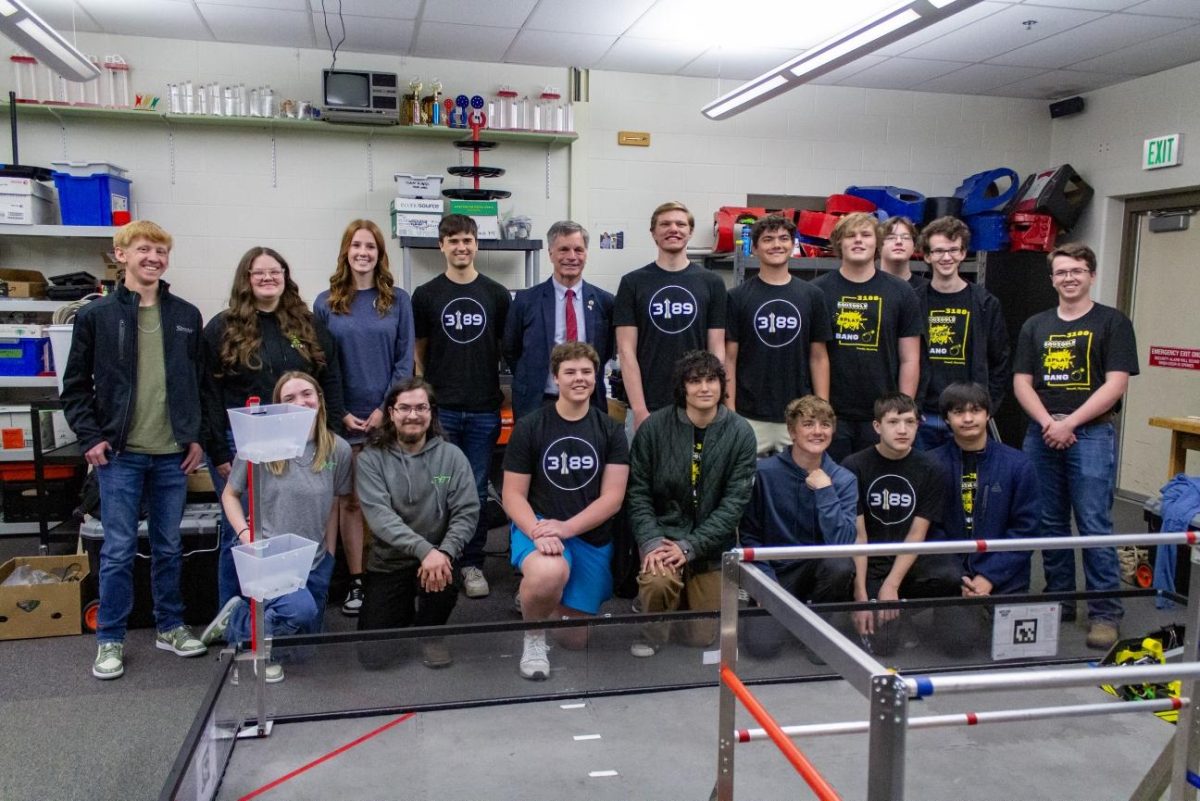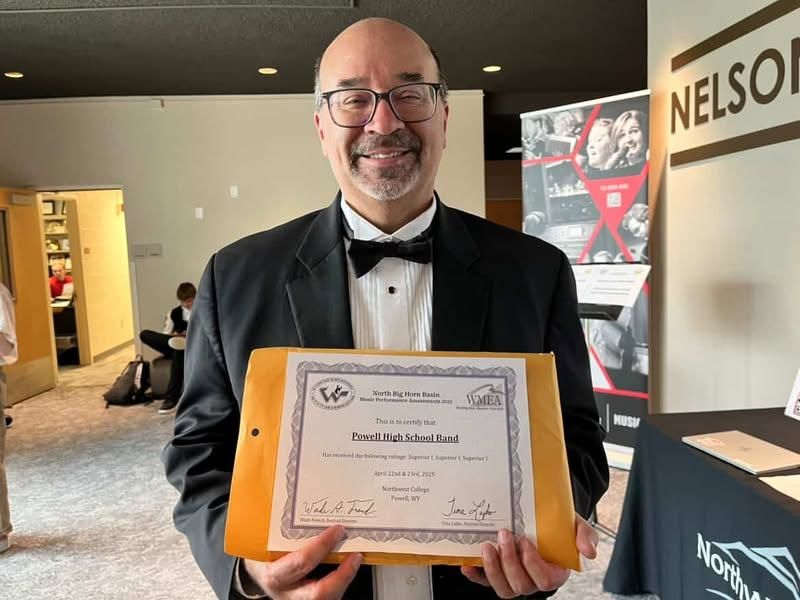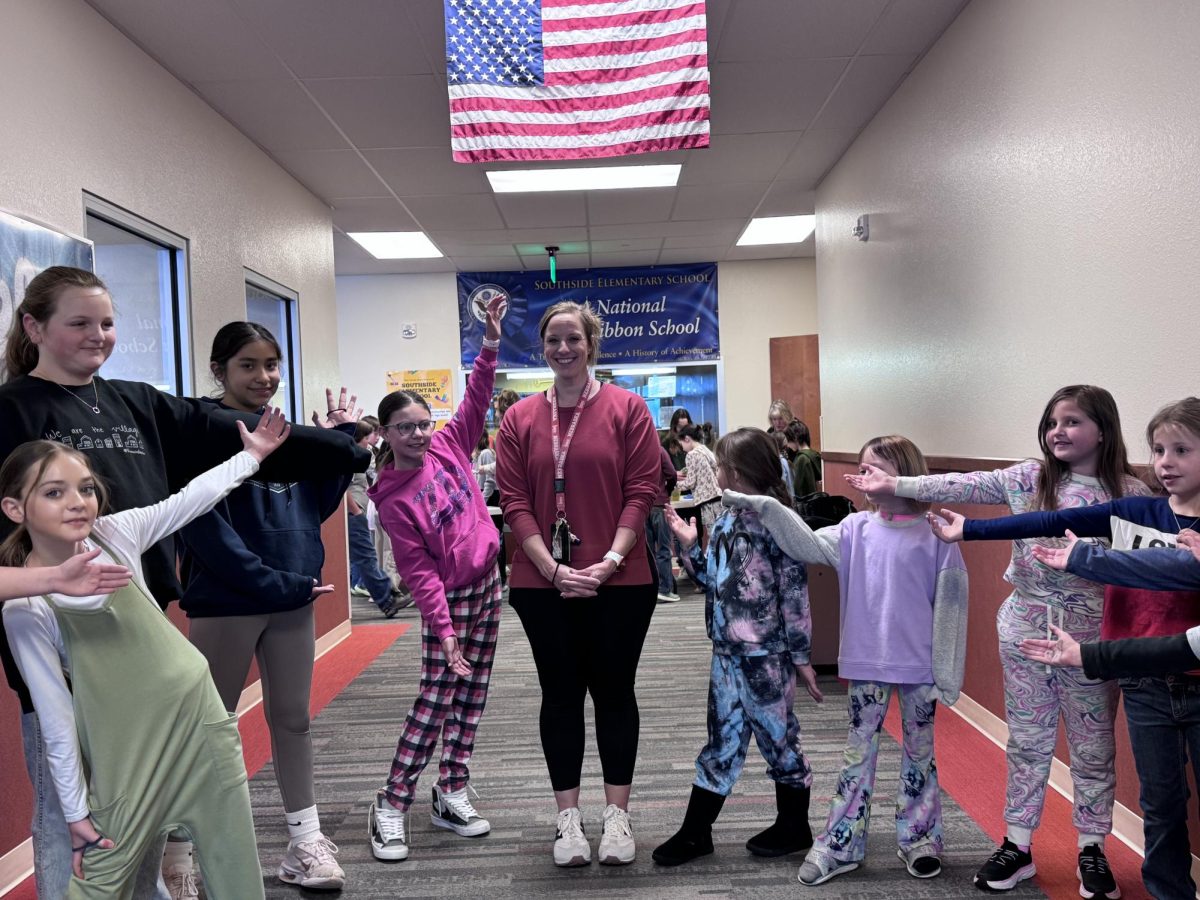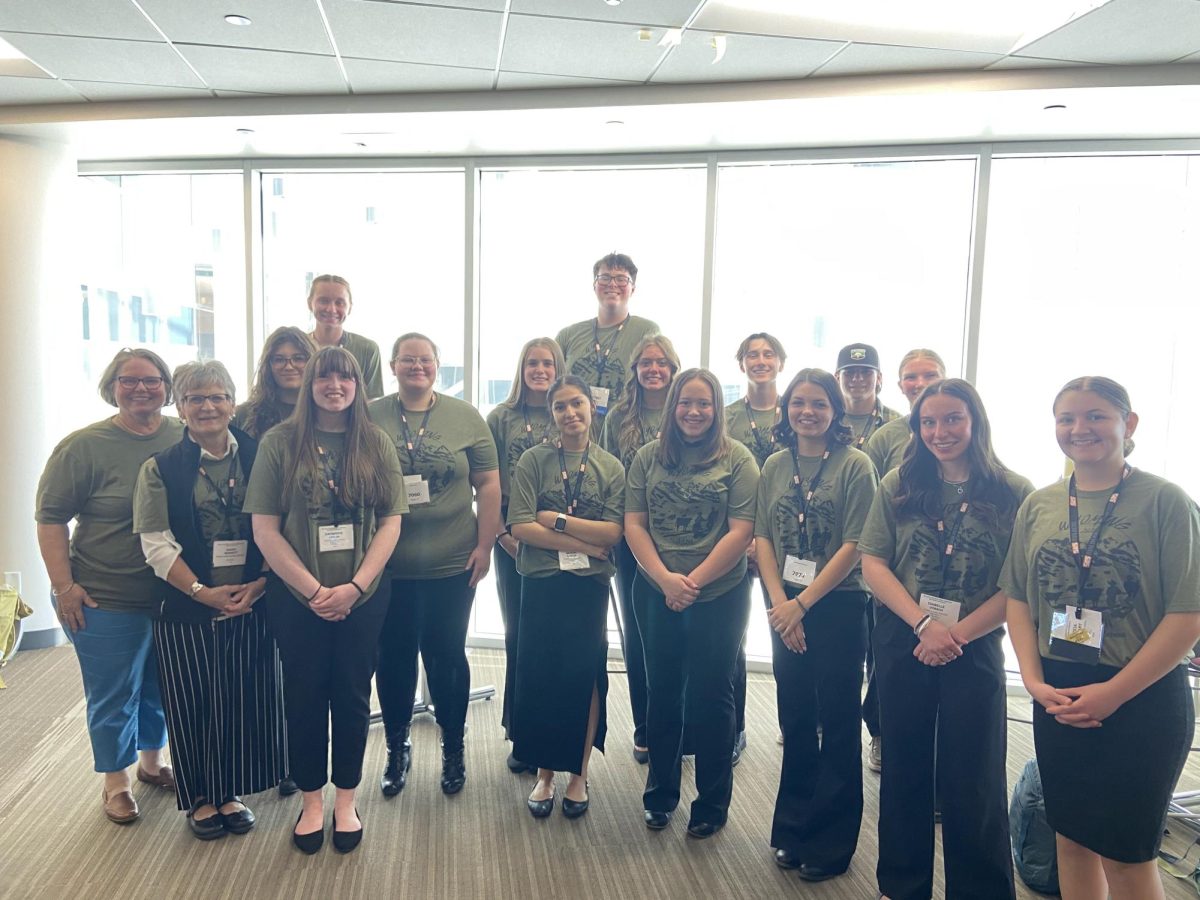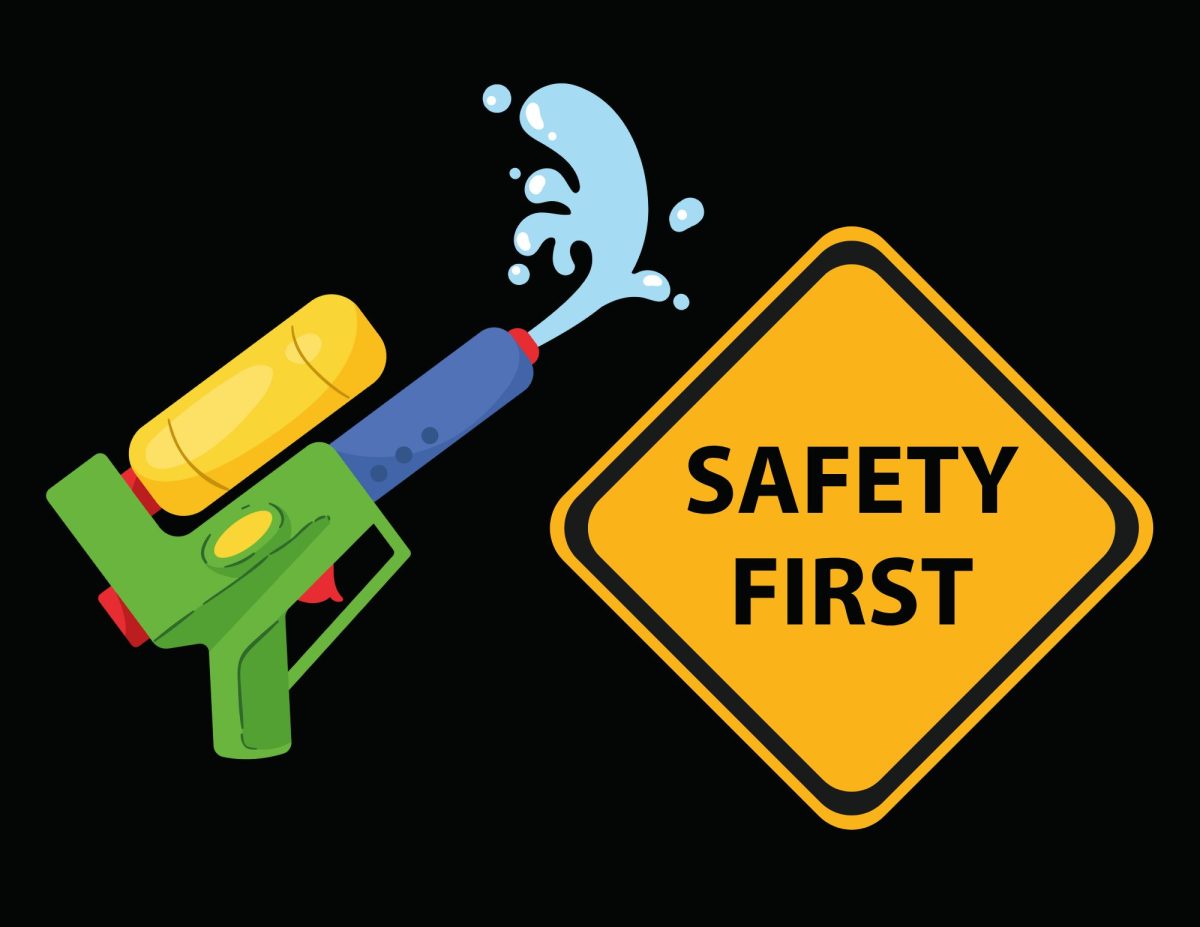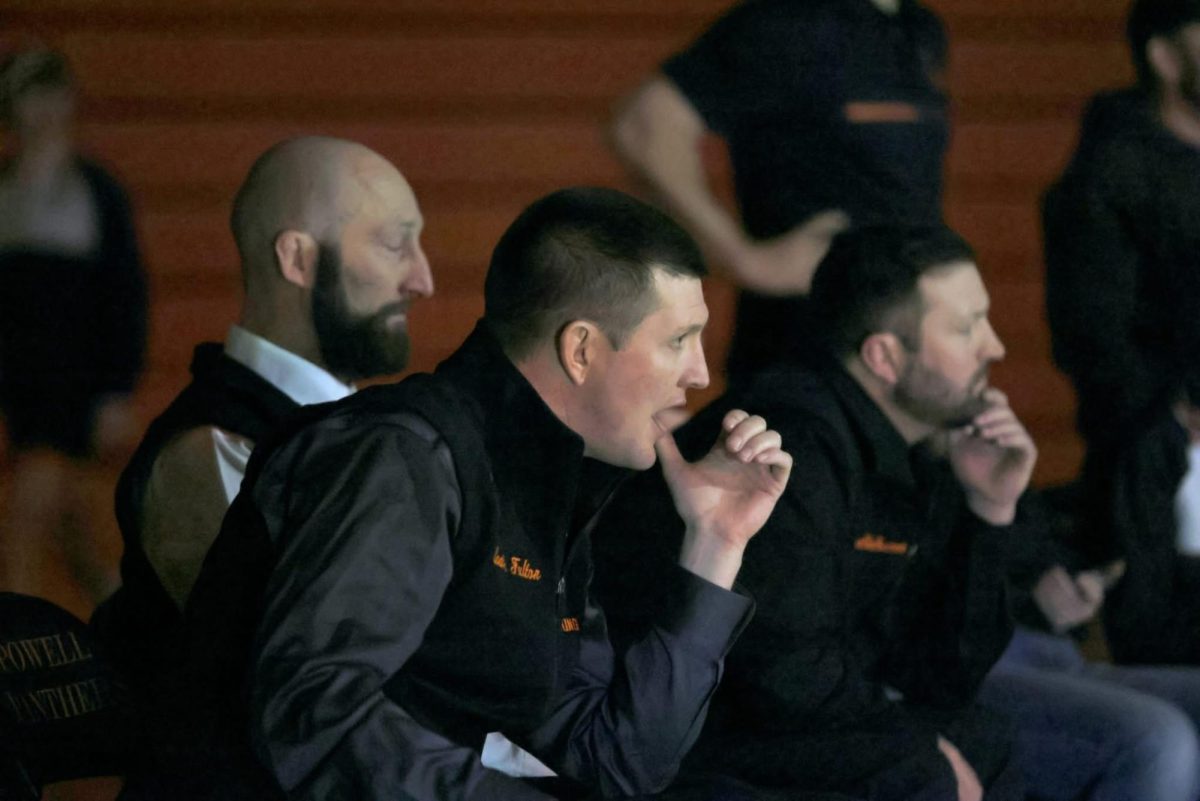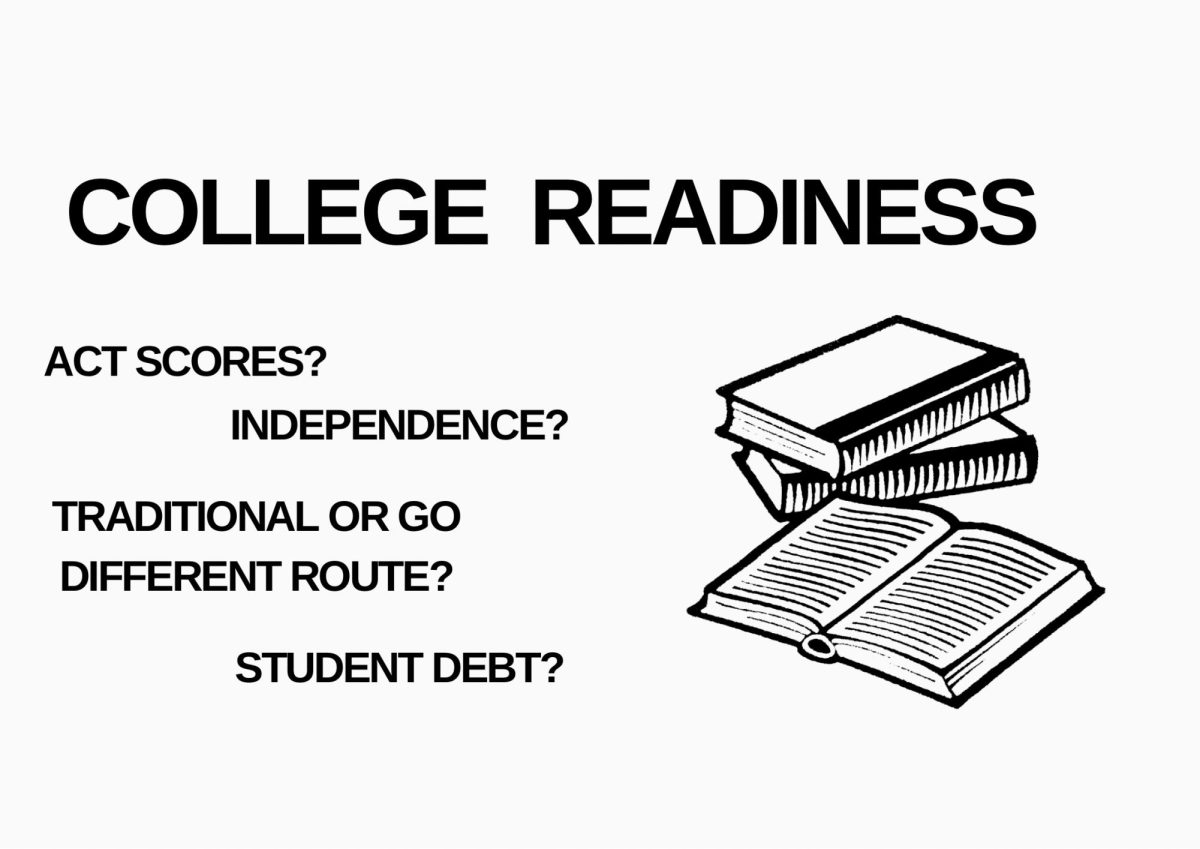CONGRATS YOU’VE BEEN CANCELED
An inside look at cancel culture and how it affects modern-day society
An image depicts the reality of cancel culture in our modern-day world.
If you speak out and say something deemed unacceptable on social media, you will most likely be “canceled.” The term cancel refers to erasing a person’s presence on social media and could quite possibly end their career.
Cancel culture is a culture born on social media that does not permit any ideas contrary to popular belief and responds with the public social ostracism of an individual. Its purpose was to provide a way of speaking truth to power and holding people accountable for their actions but has spun out of control.
“I think people get canceled on social media or other platforms because people see injustice, and want a way to combat that, but [they] don’t know the correct means to do so other than completely dragging someone’s name through the mud,” senior Jace Bohlman said. “There’s a way to properly address behavior or social issues rather than just out casting someone from the public eye.”
Another way to look at cancel culture is to look at how the world is choosing to highlight one “unacceptable” moment or action in their life and completely cast them out because of it.
“I would say cancel culture is the culture choosing someone’s worst moment and defining them by it,” senior Ben Whitlock said. “I think there are situations where celebrities and other public figures should be dropped because of their past, but in many situations I think people should be given a second chance.”
Cancel culture is prevalent in our world today through many outlets. In America, it is often seen through a political view. Presently, America is immensely divided along the left and right spectrum; cancel culture only seems to add to this divide.
“Cancel culture often denies people the chance to learn and grow,” Whitlock said. “I think it is also often politicized, and if one side cancels someone the other side is mad about it.”
Americans today view politicians and celebrities in a similar light. This creates a stigma of politicians having to uphold the same expectations as celebrities do.
“I think that there’s more of a celebrity mindset concerning politicians in the U.S. compared to other countries,” Bohlman said. “And that probably ties into cancel culture and applying the same standards that we have for celebrities to politicians.”
Besides the perspective of how our celebrities and politicians should behave, cancel culture has become a topic of debate at national and international press conferences.
According to Vox, “At the 2020 Republican National Convention, for example, numerous speakers, including President Trump, addressed cancel culture directly, and one delegate resolution even explicitly targeted the phenomenon, describing it as having ‘grown into erasing of history, encouraging lawlessness, muting citizens, and violating free exchange of ideas, thoughts, and speech.’”
Although cancel culture plays a major role in our world today, many people do not realize how much the newly introduced social media culture affects our lives. Cancel culture can often misinform the public and stir up conflict.
“I think [cancel culture] almost defines our modern day world,” sophomore Kik Hayono said. “The internet has such a sway in people’s opinions and their world outlook that it’s almost scary. I think it influences people without their knowledge, really. In politics, it can lead waves of hate on a certain candidate. It’s also regulated by what is shown on people’s for you pages and other recommended things; we often only get one side of the story.”


